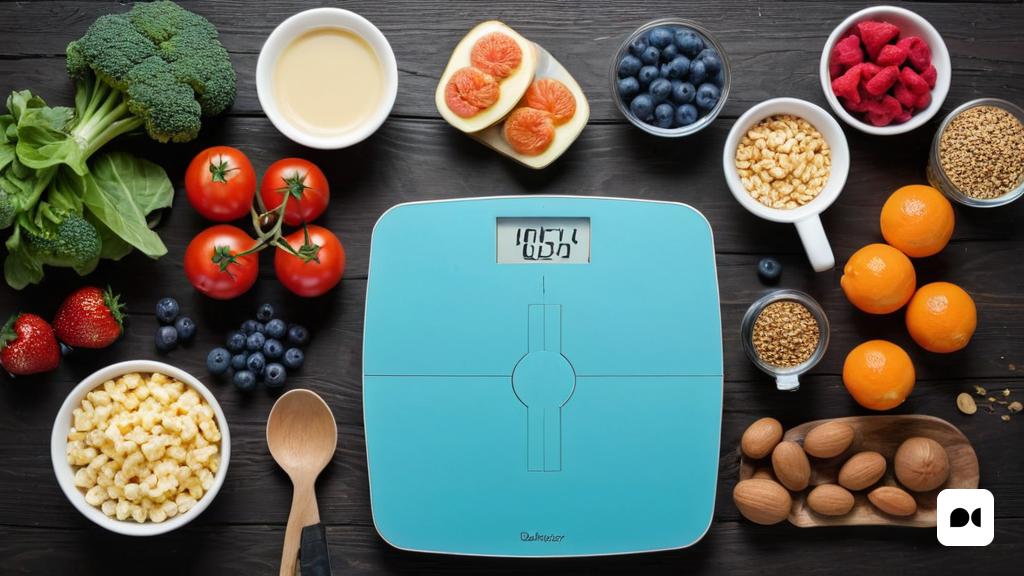Introduction
Metabolism is a set of chemical processes that occur in our body to keep us alive. It is responsible for burning calories at rest and during physical activity. In addition to factors such as age, sex, genetics and muscle mass, our diet also plays a crucial role in metabolism. Some foods can slow down the metabolism, making it difficult to lose weight and affecting our daily energy. In this article, we will look at some of these foods and how they can impact your metabolism.
1. Foods high in sugar
Excessive sugar consumption can have a negative impact on metabolism. Foods high in sugar, such as sodas, cakes, and sweets, can cause insulin spikes. These spikes not only promote fat storage, but can also lead to insulin resistance over time, which slows metabolism and can contribute to weight gain.
2. Trans fats
Trans fats, present in many processed foods such as cookies, cakes, margarines and fast food, are especially harmful. These fats can cause inflammation and insulin resistance, both factors that negatively affect metabolism. Additionally, trans fats can interfere with the body’s ability to burn fat, slowing metabolism even further.
3. Refined flours
Foods made with refined flours, such as white bread, pasta, and white rice, have a high glycemic index. This means that they are digested quickly and cause a rapid rise in blood sugar levels. This rapid rise followed by a fall can lead to an increased feeling of hunger and a lower metabolic rate.
4. Alcoholic drinks
Alcohol consumption can reduce the body’s ability to burn fat. When alcohol is consumed, the body recognizes it as a toxin and prioritizes its metabolism, temporarily stopping fat burning. Additionally, alcoholic beverages are often high in calories and can lead to unhealthy food choices, contributing to a slower metabolism.
5. Ultra-processed foods
Ultra-processed foods, such as fast foods, packaged snacks, and convenience foods, are often high in empty calories and low in essential nutrients. These foods can negatively affect metabolic function due to their low nutritional quality. The lack of fiber and essential nutrients in these foods can lead to a slower metabolism.
6. Full fat dairy
Although dairy products can be part of a healthy diet, full-fat dairy products, such as whole milk and certain cheeses, can be difficult for some people to digest and contribute to weight gain if consumed in excess. The saturated fat in these products can slow your metabolism, especially if consumed instead of lighter, protein-rich options.
7. Low calorie food
Eating a very low-calorie diet can slow down your metabolism. When the body receives too few calories, it goes into ‘starvation mode’, conserving energy and burning fewer calories to survive. This can make weight loss more difficult and your metabolism slow down significantly.
Conclusion
Our dietary choices can have a significant impact on our metabolism. To maintain a healthy and efficient metabolism, it is important to focus on a balanced and nutrient-rich diet, avoiding excessive consumption of sugars, trans fats and ultra-processed foods. Opting for whole foods, rich in protein, fiber and healthy fats can help keep the metabolism active and efficient, promoting better long-term health and well-being.

